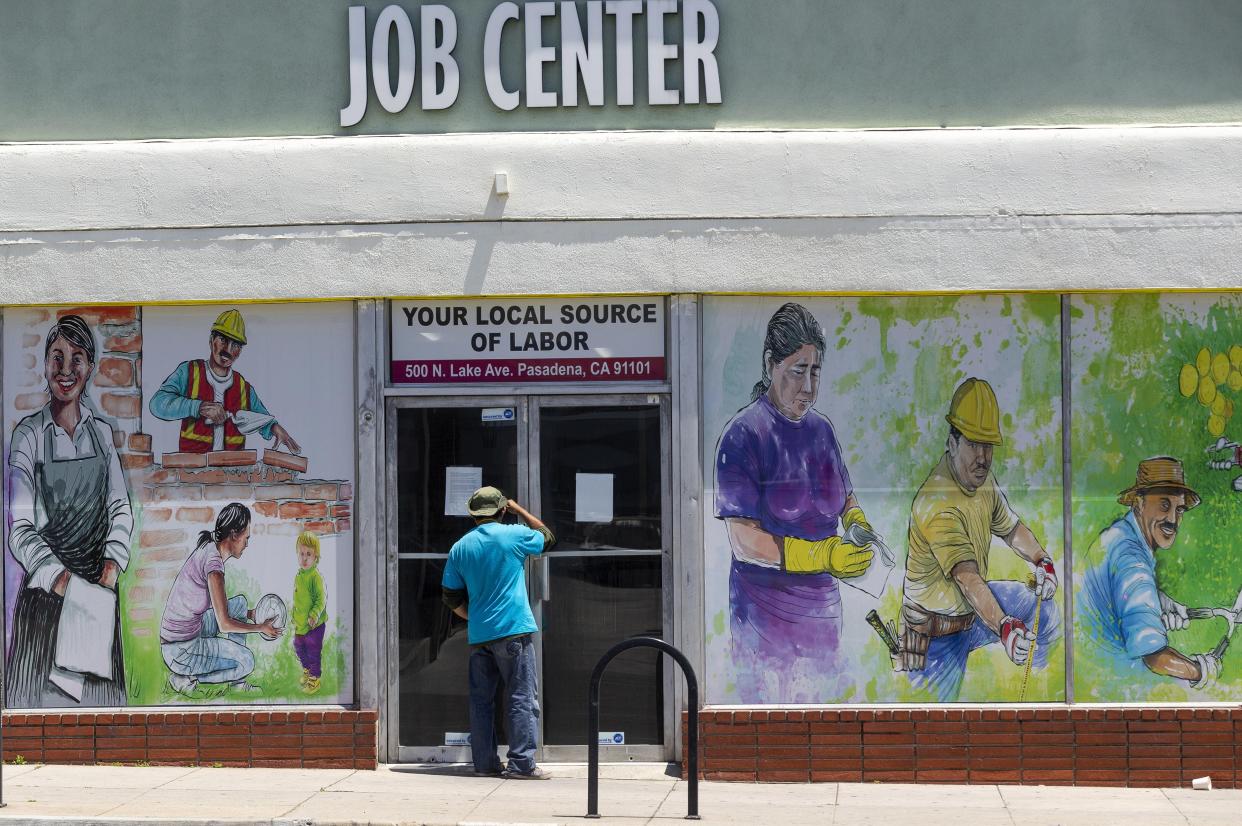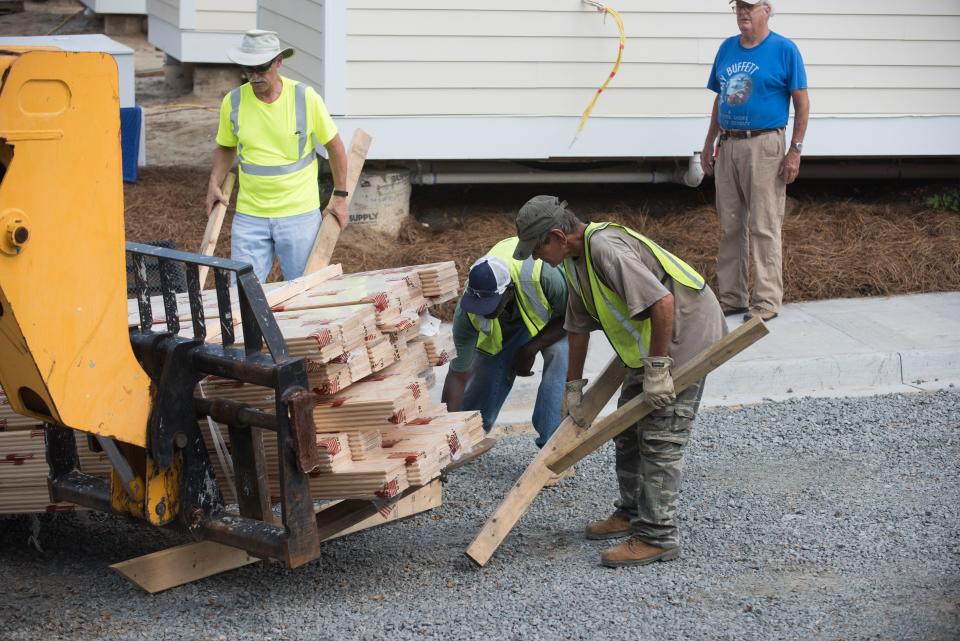City Talk: Savannah economy in strong shape as uncertainty looms

This is the City Talk column by Bill Dawers, a longtime contributor to the Savannah Morning News.
The average interest rate on a 30-year fixed-rate mortgage rose recently to 5.27%, an increase of more than 2% compared to a year earlier. According to Freddie Mac, the 30-year rate is at its highest point since 2009, when the United State was still mired in the economic doldrums after the financial crisis and housing bust.
The Federal Reserve has signaled that interest rates will likely be raised further to combat inflation.
Higher interest rates might cool the red-hot Savannah real estate market, but the current sellers’ market could not possibly have continued indefinitely.
More City Talk: Will Savannah’s leaders finally listen to concerns about traffic calming?
Also: City Talk: Savannah is better off without Rock ‘n' Roll Marathon
In many areas, properties have been attracting so many offers and going under contract so quickly that higher rates might have limited impacts, although new home sales and construction could be hit a little harder and more quickly.
On the other hand, the likelihood of higher rates down the road might spur some activity in the short run, as prospective buyers decide that they should act soon.

Of course, economic concerns extend beyond high inflation, the housing market and increasing interest rates. The war in Ukraine, stock market volatility and other factors could have broad economic consequences.
Mark Zandi, chief economist at Moody’s, recently said that there is about a 35% chance of a recession in the next two years, but he thinks that it is even more likely that the Federal Reserve will make the right moves to sustain economic growth.
If the national economy stalls or goes into recession, the local economy will follow suit, but it’s worth noting that the Savannah area is in relatively strong shape.
The Savannah metro area (Chatham, Bryan and Effingham counties) had almost 198,600 payroll jobs in March, according to the Georgia Department of Labor, for a robust year-over-year increase of 6.7%. The metro area surpassed pre-pandemic levels of employment prior to the end of 2021.
The number of people participating in the metro area labor force in March was 7.6%, higher than in March 2020, just before the pandemic hit. The numbers contradict the widely held belief that large numbers of folks are sitting on their hands and taking advantage of government stimulus programs.
According to researchers at the St. Louis Federal Reserve, the percentage of people living in poverty in Chatham County steadily declined from 19.3% in 2014 to 14.4% in 2020. Pandemic relief policies, the robust recovery in local employment and increasing wages seem likely to have further reduced local poverty rates since 2020.
I do not mean to suggest that an economic slowdown or recession would be easy. Many households and businesses are still trying to regroup after the 2020 recession spurred by the pandemic, and some have never fully recovered from the deep 2007-2009 recession.

But the Savannah metro area economy as a whole seems to be in good shape to weather whatever happens in the coming months.
This article originally appeared on Savannah Morning News: Savannah's economy stands strong as the threat of a recession looms

